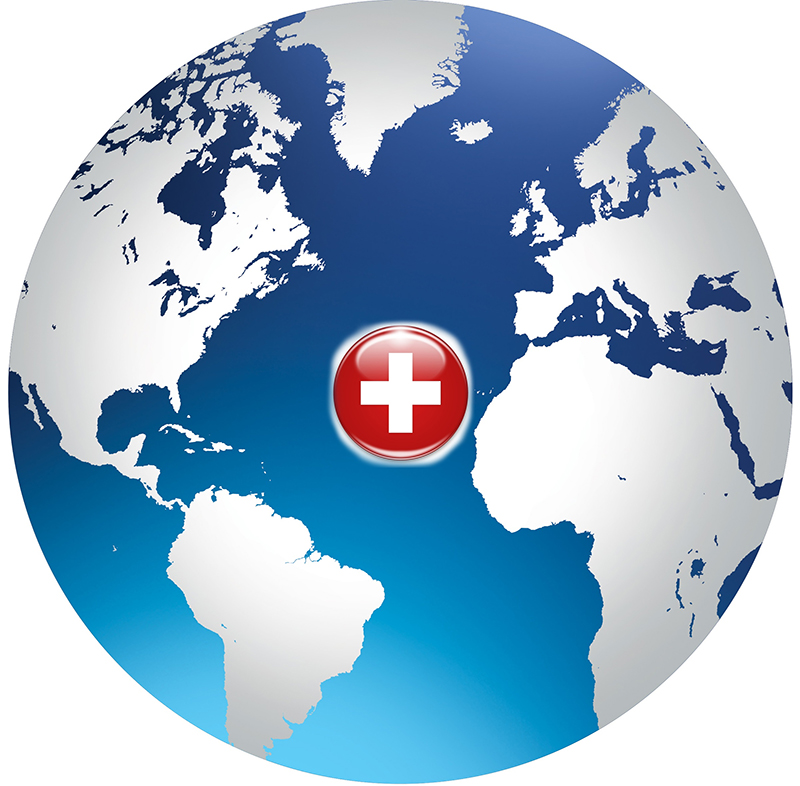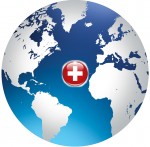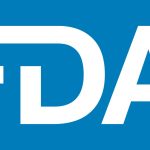
Potential Benefits of First Gaining U.S. Market Clearance
As noted, the United States represents the largest single market for medical devices. Although FDA regulations applicable to medical devices are among the most stringent worldwide, devices that have received pre-market approval (PMA) or 510(k) clearance are likely to gain more rapid acceptance by regulatory authorities in a number of other countries. The documentation used to achieve these clearances then become the basis for technical files required in other jurisdictions.
Another benefit of reaching FDA approval or clearance is realized in there not being requirements to update the product documentation, approvals and clearances when standards are changed. There is no lifespan to these approvals/clearances such as there are in many other countries.
Potential Benefits of First Gaining CE Marking in Europe
Europe is currently the next largest economic opportunity for medical device markets. Through the CE scheme, companies have access to the various countries within Europe with the one CE requirement. There are some considerations to take into account, however: Brexit (where the UK has determined to leave the EU) leaves uncertainty regarding the on-going requirements for approval. And with the new Medical Device Regulation, there will be many more requirements on all the economic operators in the EU (Manufacturers, Distributors, Authorized Representatives, Notified Bodies, Competent Authorities). In addition to these issues, when standards are revised or updated, companies must meet the requirements in those updates for all products on the market rather than only newly introduced products.
However, some companies find that working with Notified Bodies to gain CE marking, or even self-certification where available, is a beneficial starting place from which to move to other countries for market approvals and clearances. The technical files that must be in place to avail the CE mark constitute a good share of the requirements for other countries’ regulatory schemes.
Leveraging Market Access outside the U.S.
Medical device manufacturers who have obtained U.S. or EU clearance for their medical devices can more easily consider seeking access to countries and jurisdictions where local laws or regulations provide for an abbreviated review and registration procedure for devices with these clearances. Further, underlying country-specific regulations applicable to medical devices typically reference internationally-accepted standards such as ISO 13485 for quality management systems (QMS), or other standards addressing product safety, labeling and other issues that have been harmonized across multiple countries.
Conclusion
For medical device manufacturers, the global acceptance of new and advanced medical devices requires a focused effort to obtain regulatory approval for their products in key target markets. Such an effort requires a detailed understanding of the regulatory requirements and the device approval process applicable in those markets, as well as a strategy that helps to leverage the work of each regulatory approval achieved in support of future device approval applications. An effective regulatory strategy can help device manufacturers achieve global acceptance more efficiently, bringing potentially life-saving devices to people around the world. Points in such a strategy can include:
- Develop a go-to-market strategy early. Developing a detailed strategy early in the product development process can identify the options offering the best return on investment while providing a roadmap for success.
- Study the regulatory compliance landscape. While there are many commonalities in the regulatory requirements applicable to medical devices in major jurisdictions, there are also important differences. Developing an in-depth understanding of the processes and requirements applicable to medical devices in selected target markets can help manufacturers to avoid delays and setbacks in the market plans.
- Strengthen the focus on quality. The implementation and maintenance of a robust quality management system is an essential requirement under nearly all regulatory approval schemes for medical devices.
- Implement formal documentation collection and retention systems. An effective document management system can eliminate duplication of effort and can facilitate timely responses to inquiries from regulatory authorities.
- Engage a knowledgeable advisor. There is no substitute for experience. A knowledgeable advisor or consultant with extensive medical device expertise and first-hand experience in dealing with regulatory authorities can quickly determine the requirements applicable to specific medical devices in key target markets.
Reference
- “2016 Top Markets Report: Medical Devices,” U.S. Department of Commerce, International Trade Administration,” May 2016. Accessed December 12, 2016. Retrieved from http://trade.gov/topmarkets/pdf/Medical_Devices_Top_Markets_Report.pdf.







